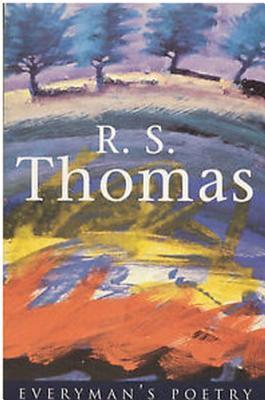What do you think?
Rate this book


128 pages, Mass Market Paperback
First published January 15, 1997
"Recognized as one of the leading poets of modern Wales, R. S. Thomas writes about the people of his country in a style that some critics have compared to that nation's harsh and rugged terrain. Using few of the common poetic devices, Thomas's work exhibits what Alan Brownjohn of the New Statesman calls a 'cold, telling purity of language.' James F. Knapp of Twentieth Century Literature explains that 'the poetic world which emerges from the verse of R. S. Thomas is a world of lonely Welsh farms and of the farmers who endure the harshness of their hill country. The vision is realistic and merciless.' Despite the often grim nature of his subject matter, Thomas's poems are ultimately life-affirming. 'What I'm after,' John Mole of Phoenix quotes Thomas explaining, 'is to demonstrate that man is spiritual.' As Louis Sasso remarks in Library Journal, 'Thomas's poems are sturdy, worldly creations filled with compassion, love, doubt, and irony. They make one feel joy in being part of the human race.'"from the Poetry Foundation bio of R.S. Thomas